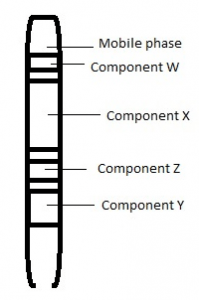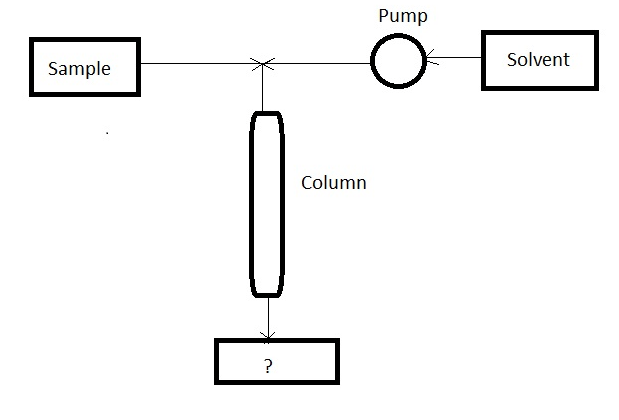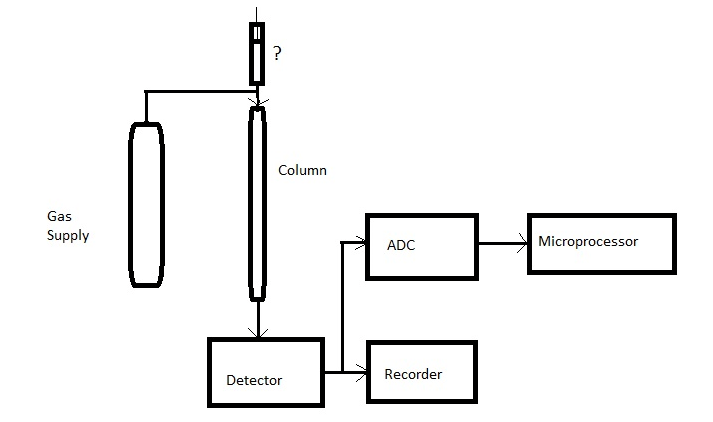Chromatography MCQs
Welcome to our comprehensive collection of Multiple Choice Questions (MCQs) on Chromatography, a fundamental topic in the field of Analytical Instrumentation. Whether you're preparing for competitive exams, honing your problem-solving skills, or simply looking to enhance your abilities in this field, our Chromatography MCQs are designed to help you grasp the core concepts and excel in solving problems.
In this section, you'll find a wide range of Chromatography mcq questions that explore various aspects of Chromatography problems. Each MCQ is crafted to challenge your understanding of Chromatography principles, enabling you to refine your problem-solving techniques. Whether you're a student aiming to ace Analytical Instrumentation tests, a job seeker preparing for interviews, or someone simply interested in sharpening their skills, our Chromatography MCQs are your pathway to success in mastering this essential Analytical Instrumentation topic.
Note: Each of the following question comes with multiple answer choices. Select the most appropriate option and test your understanding of Chromatography. You can click on an option to test your knowledge before viewing the solution for a MCQ. Happy learning!
So, are you ready to put your Chromatography knowledge to the test? Let's get started with our carefully curated MCQs!
Chromatography MCQs | Page 9 of 14
Discover more Topics under Analytical Instrumentation


